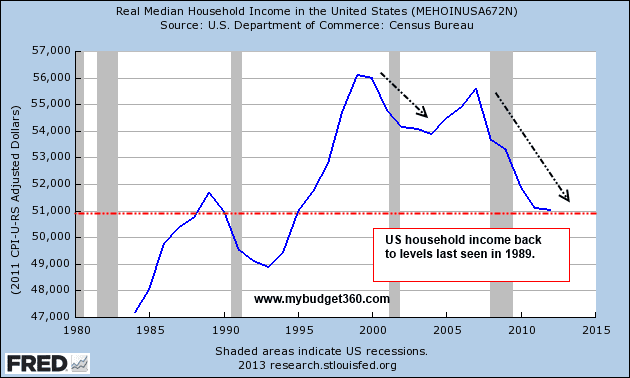EdwardBaiamonte
Platinum Member
- Nov 23, 2011
- 34,612
- 2,153
- 1,100
Ok , if some country produces 1 million cars per year , but has tu dump 500,000 cars , because people can't afford them then that is NOT a market failure ?
dear stupid liberal if they produce too many the market punishes them and if they survive they never do it again. Do you have the IQ to understand?




